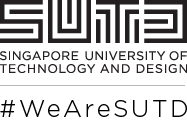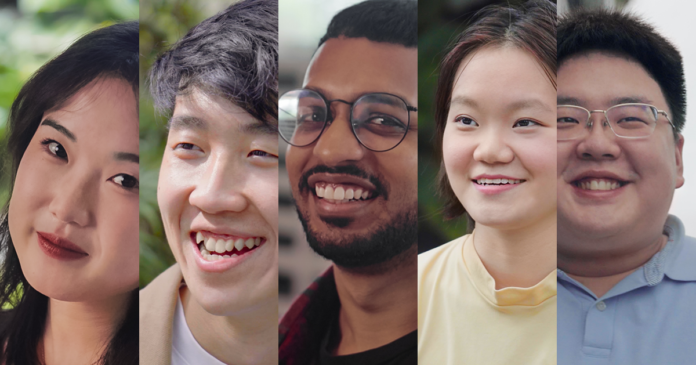Imagine what an SUTD education will do for you. Apply now at https://sutd.edu.sg/Admissions/Undergraduate
Ahh, the age old question that many pre-university students grapple with — “What should I study at university?”. With a wide range of options available in every institution, it’s tough enough picking the right university for yourself, let alone a major to dedicate four years of your undergraduate education to.
Of course, you might already have an inkling of the types of majors you’d prefer to zoom in on, but whether you’re dead set on a specific course of study, or are open to exploring alternatives, making an informed decision is key in situations like these.
Sure, you could pore over the endless course descriptions on school websites, and as helpful as that might be, nothing comes closer than hearing from seniors and other students who have had first-hand experience studying in the universities you’re considering, and majoring in the courses of study you’ve got on your list. Hence, we sat down with five of our SUTDents—one from each major offered in SUTD—to find out more about what they’re studying, what they love most about their majors, and what inspired their decision when they were at this crossroad.
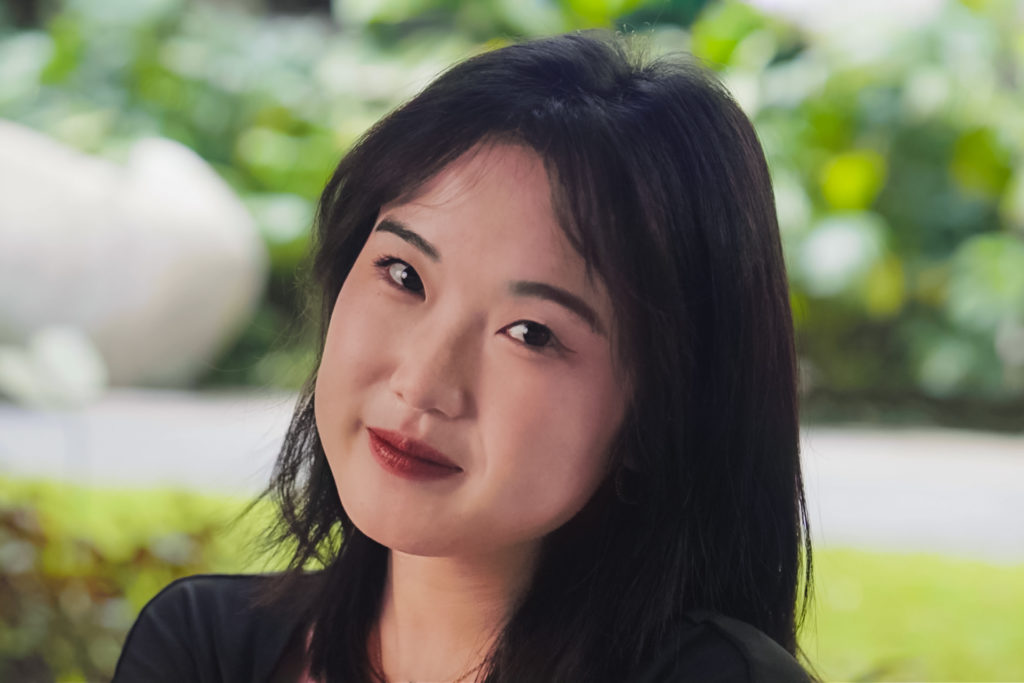 Chen Shuying, EPD undergraduate
Chen Shuying, EPD undergraduate
Engineering Product Development (EPD)
Describe EPD in a nutshell.
EPD is a major that offers us opportunities to identify problems and needs in the real world, and inspires us to find our own solutions for them.
More specifically, it enables us to innovate physical engineering products from different angles, including but not limited to mechanics, 3D-printing, artificial intelligence (AI), and electronics.
Why did you choose this particular major?
I was mainly driven by my passion for physics and design, which are two subjects I’ve loved since I was a kid, and coincidentally, both subjects are highly relevant in EPD.
Apart from that, I also have a desire to create physical solutions like robotics and machines, so all these factors combined together made EPD the best choice for me.
What are some of the skills you’ve picked up in EPD?
For technical skills, I’ve learned how to use modelling software such as SolidWorks and Fusion 360, and I picked up programming languages such as Python, MATLAB, and C. I’ve also gotten hands-on experience in hardware assembly and soldering techniques.
For soft skills, I’ve learned how to work efficiently in a team, and brushed up on my presentation and communication skills.
How have these skills helped you in your coursework and internships?
My technical skills have definitely increased my productivity at work and in school, while my soft skills have helped me to better contribute to the team I’m working in, and have helped to foster a positive working atmosphere.
What are your plans after graduation?
I intend to pursue a higher degree in Electrical Engineering.
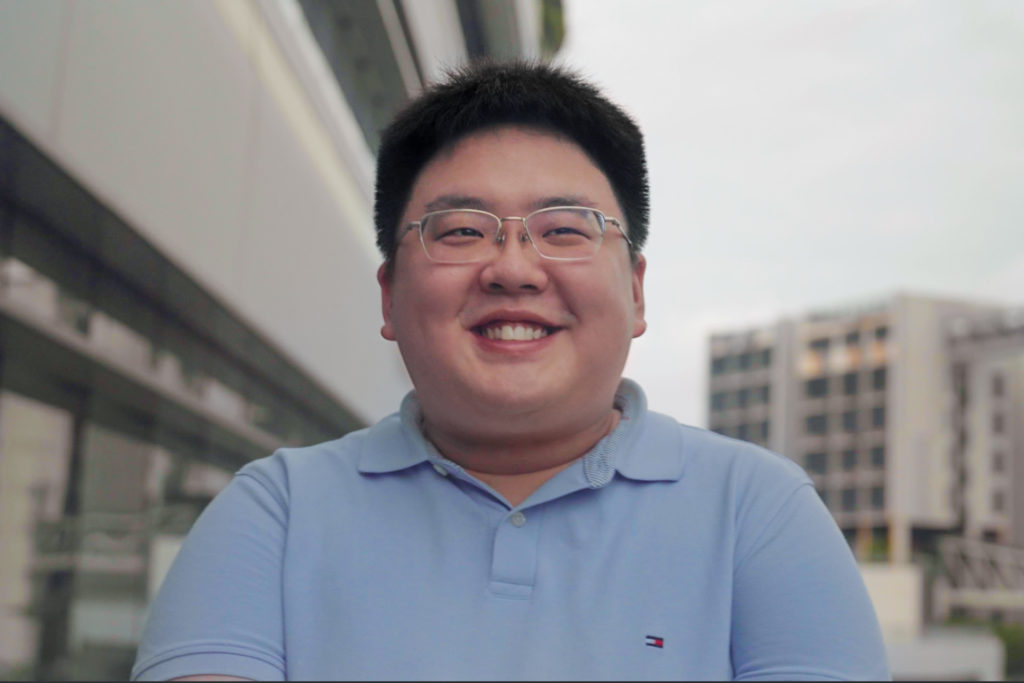 Feng Zhuoer, ESD undergraduate
Feng Zhuoer, ESD undergraduate
Engineering Systems and Design (ESD)
Describe ESD in a nutshell.
In four words: math, statistics, data, and coding.
Why did you choose this particular major?
I love math and coding, and ESD allows me to apply both of these subjects, on both the theoretical and applicational fronts.
The career prospects for graduates of this major are also very flexible — we can explore industries like machine learning, AI, data engineering and analysis, supply chain, finance; the list goes on.
What are some of the skills you’ve picked up in ESD?
Definitely math and statistics because they’re the basis of everything, and coding skills as well. I’ve also learnt how to present results from findings in a succinct, accurate, and easy-to-digest manner.
How have these skills helped you in your coursework and internships?
Thanks to the skills I’ve picked up, I’ve had the chance to participate in various competitions and industry projects, on top of my regular class projects, presentations, and seminars.
Outside of school, during my internships, my skills and knowledge have allowed me to utilise data analytics and AI in the field of finance to help businesses better understand clients’ needs, discover business opportunities, and automate processes.
What are your plans after graduation?
I’d like to explore a career in data analytics or data science, or even quantitative finance.
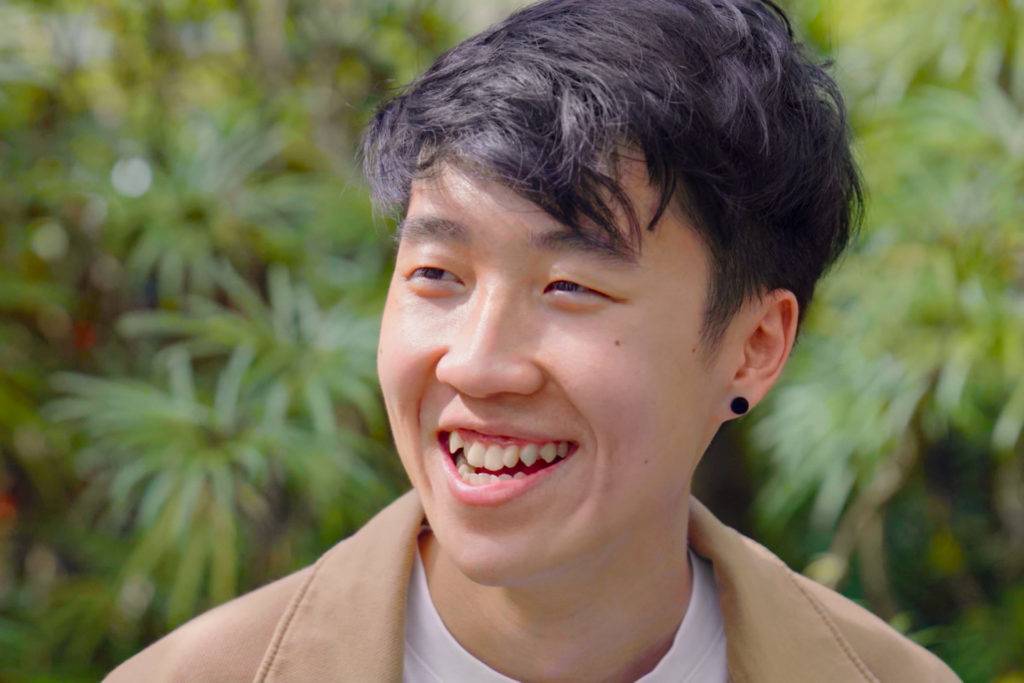 Raphael Yee, CSD undergraduate
Raphael Yee, CSD undergraduate
Computer Science and Design (CSD)
Describe CSD in a nutshell.
In CSD, we learn to build, maintain, and design software to solve problems in the real world. On top of building our theoretical foundation in programming, we are also pushed to apply what we’ve learned in open-ended projects that broaden our conceptual understanding of a given topic.
Essentially, CSD teaches us computer science theories, but also pushes us to think about these theories from a practical standpoint.
Why did you choose this particular major?
I love to code, and I love to build things. CSD offered me the opportunity to do both.
What are some of the skills you’ve picked up in CSD?
When we first joined CSD, we’re tasked to take on challenging topics that straddle the boundaries between computer engineering and computer science. This really helped me build a strong foundational knowledge on how computers work up from the logic gates. Through electives in Data Science, AI, and software development, I’ve also been able to broaden my knowledge in various aspects of computer science.
Something else I’ve learned that I feel is unique to SUTD is how to manage stakeholders. Any school will teach you the theory, but SUTD’s mandatory projects in every module pushes us to work with many, different people, in addition to applying computer science concepts in real-world scenarios.
How have these skills helped you in your coursework and internships?
Anyone who is hired into a company would have already passed a coding competency test, so in that aspect, coding skills are more of a requirement rather than a benefit.
That said, what sets the good junior engineers apart from their peers is the ability to execute and deliver projects with other engineers and come up with sensible solutions that meet the goals and timeline of the organisation. As such, having strong project experience and knowing how to manage stakeholders makes all the difference, and I find that my skills in this area have really given me an edge in my internships.
What are your plans after graduation?
I’d love to start a startup with my friends and build cool things!
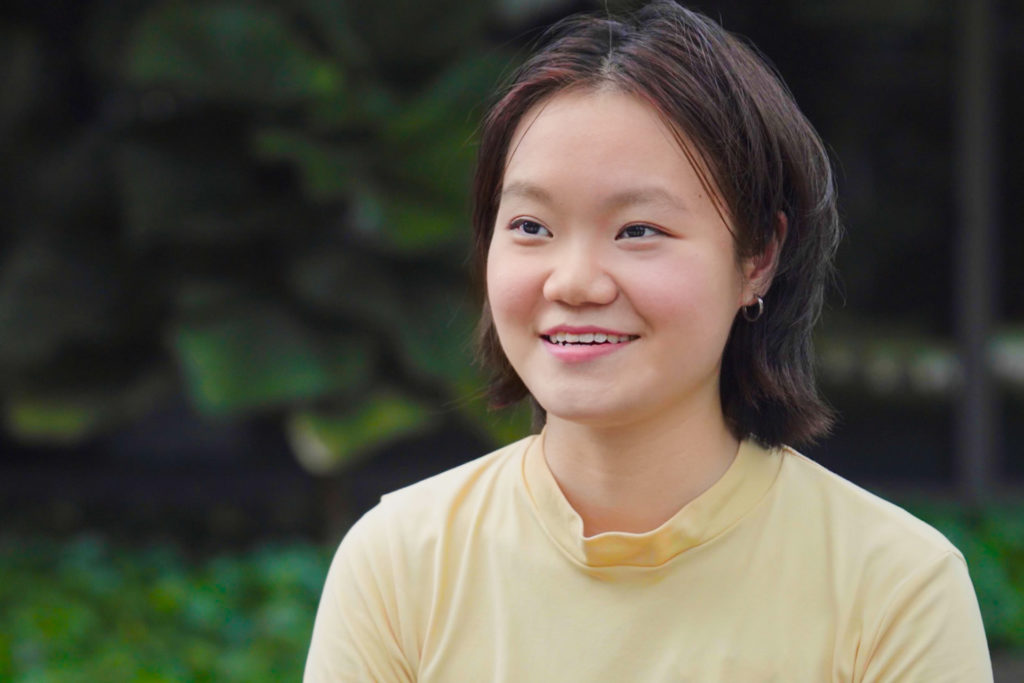 Yeo Wan Li, DAI undergraduate
Yeo Wan Li, DAI undergraduate
Design and Artificial Intelligence (DAI)
Describe DAI in a nutshell.
DAI is a new major that incorporates AI into solutions catering to different products and services—in other words, it’s all about AI for humans. There’s a lot of group projects involved, where we get to work with industry clients to provide AI solutions to their real-world problems.
Why did you choose this particular major?
I was already interested in the topic of AI, particularly how it could be used to streamline current work practices and present new solutions to current problems. DAI presented me with the opportunity to gain firsthand experience of current work environments and practices in various industries, and of course, to learn more about and work with AI, so it was an obvious choice for me.
What are some of the skills you’ve picked up in DAI?
In terms of technical knowledge, I’ve gained experience with various coding languages such as Ruby and Javascript, and in using AI tools such as TensorFlow and Keras. I’ve also gained a more holistic view of AI, as well as a better understanding of the benefits, drawbacks, and limitations of AI. This helps me determine how and where it can be applied most efficiently, and design it according to the needs of human users.
In terms of soft skills, I’ve improved my skill in designing human-centered solutions to address problems, and am hence better able to cater my solutions to users’ needs. I’ve also learned to be a better team player and to be more adaptable.
How have these skills helped you in your coursework and internships?
In my coursework, I’ve been actively applying my technical knowledge to use AI to develop effective solutions to problems that I am tasked with. My understanding of AI also helps me to develop solutions that cater to users’ needs while remaining comfortable and intuitive to use.
During my internship, I was tasked to develop a consumer prototype for customers. Throughout the development process, I worked with different people from various backgrounds, which was made easier by my prior experience working with my peers in teams for the numerous school projects.
What are your plans after graduation?
I enjoyed my internship a lot, so I’m planning on going back (to the same company) to further explore product development with them.
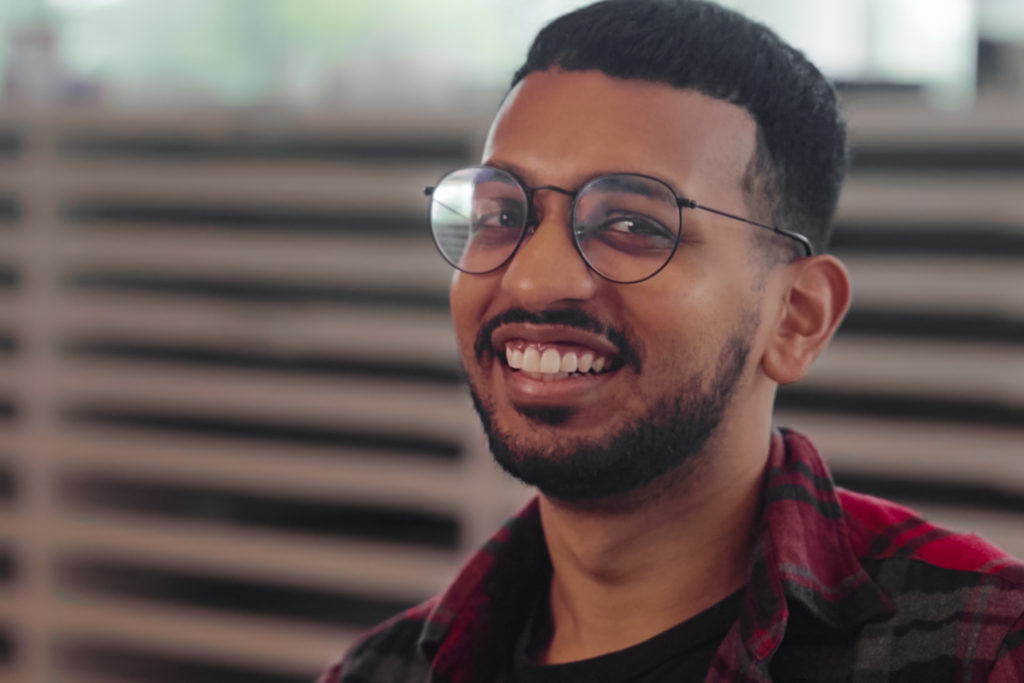 Danesh Ajith, ASD undergraduate
Danesh Ajith, ASD undergraduate
Architecture and Sustainable Design (ASD)
Describe ASD in a nutshell.
ASD is a major that covers a broad range of topics, focusing on architecture while also touching on other important elements in the built environment.
In ASD, we have core studios in the earlier terms and option studios in the later terms. In the core studios, everyone has the same project brief and the focus is on the ideation and development of basic yet intricate architectural strategies, concepts and designs. On the other hand, option studios present opportunities for students to experiment with unique topics outside of our comfort zones, typically led by professionals in the industry.
There are also side modules which touch on other branches of the built environment. These modules are typically group based, allowing us to share the workload and bounce ideas off each other.
Why did you choose this particular major?
I previously undertook a Diploma in Architecture from Singapore Polytechnic, after which I became really interested in how we can better design buildings for the future, so ASD seemed like the best option to me.
What are some of the skills you’ve picked up in ASD?
In terms of software, we mostly use Rhino and Grasshopper for modelling purposes, and a variety of Adobe software to visualise and present our projects. Although there is a steep learning curve involved in using the software, this helps us to develop our soft skills such as how to be resourceful and adapt to changes on the go to better manage our time.
How have these skills helped you in your coursework and internships?
Since design is an extremely iterative process, good time management and confidence in the different software is essential in producing your best work within the given timeframe.
In the architecture industry, projects and deadlines move fast and we need to be able to complete tasks quickly while still being meticulous about the work we produce, so the fast-paced studios in ASD really helped to prepare me for this.
What are your plans after graduation?
I’m interested in working in the public sector, to be involved in either the design and development of public housing, or in a field related to urban planning.
So there you have it, our five majors described in a nutshell by our very own SUTDents. For more information on our majors, programmes, and clusters, visit https://wearesutd.sutd.edu.sg/sutd-ents/sutd-101-our-undergraduate-programmes/
 Like what you just read?
Like what you just read?
Imagine what an SUTD education will do for you. Apply now at https://sutd.edu.sg/Admissions/Undergraduate
#whySUTD? We’re glad you asked – here’s why!
It can be hard to ask the right questions that will help you to decide which university to join, so we’ve compiled a list of FAQs for you here.
